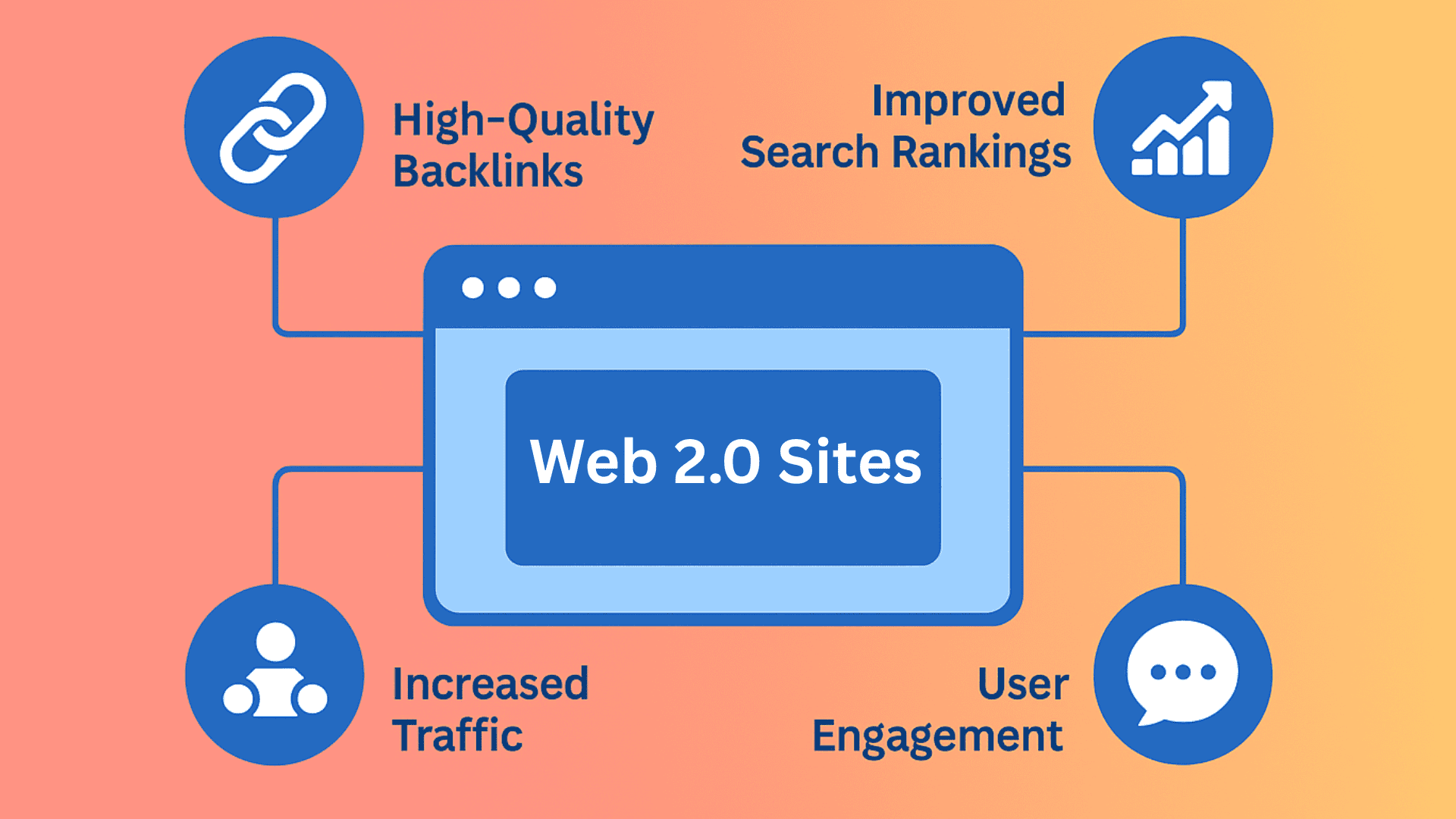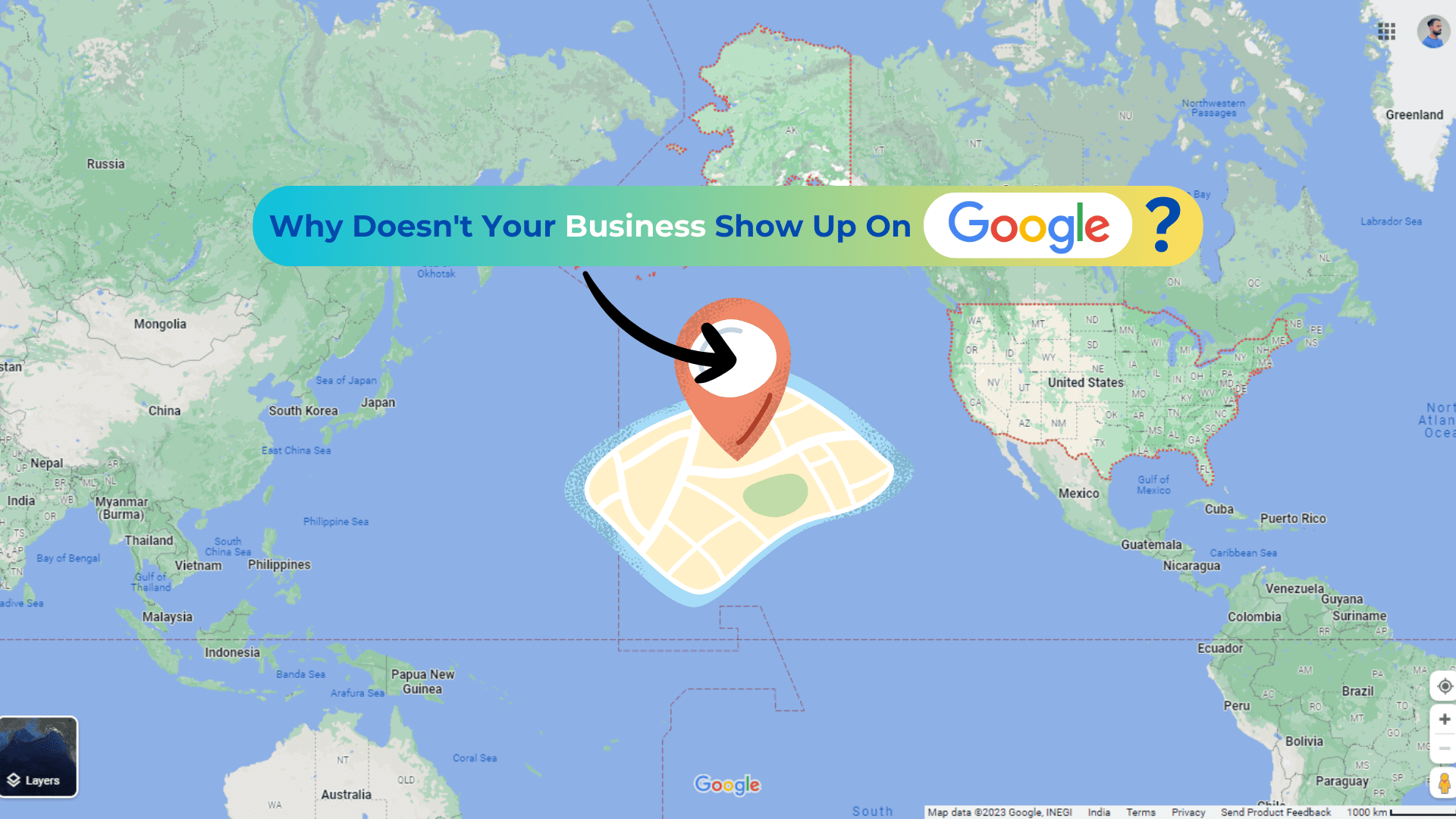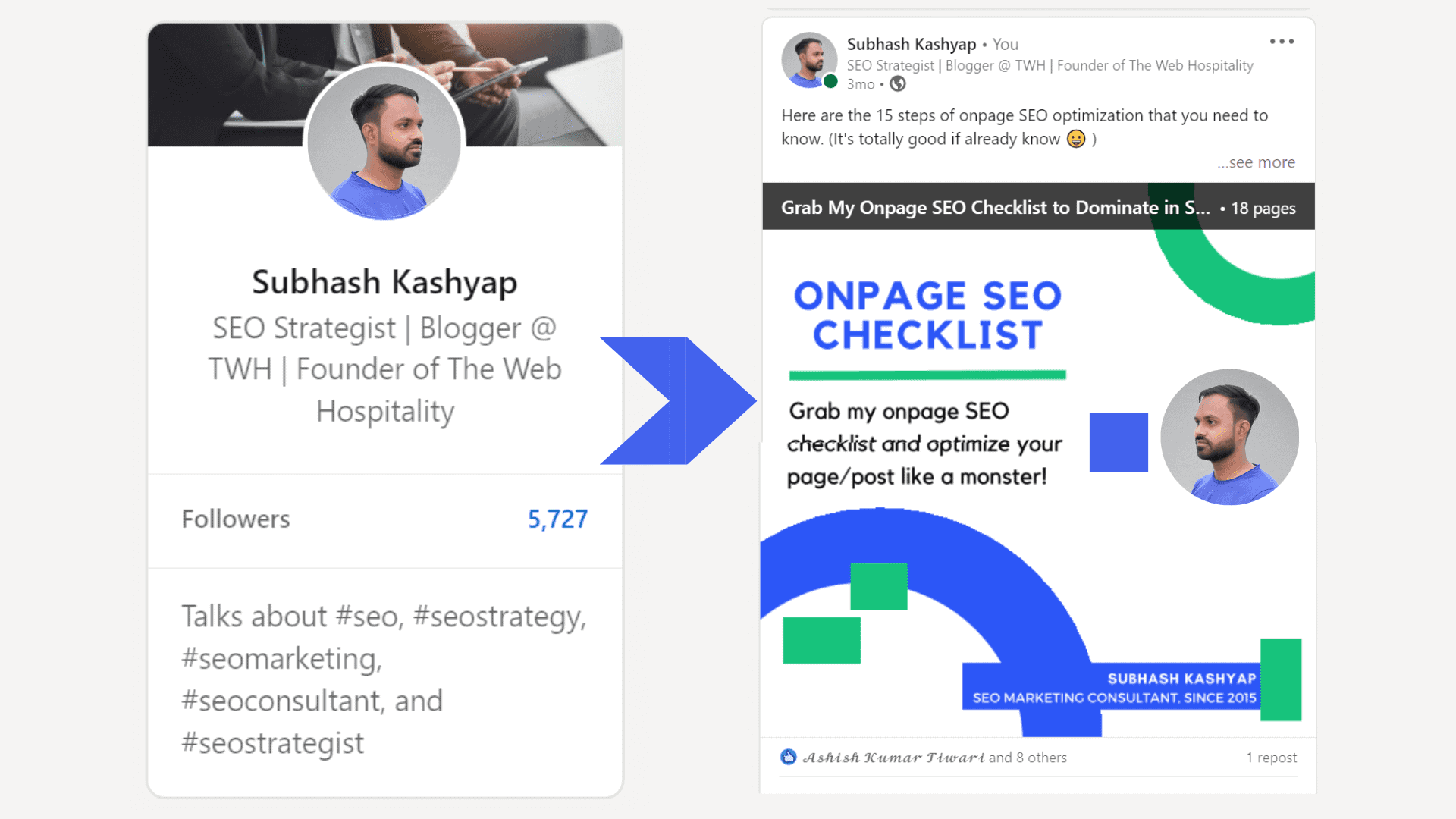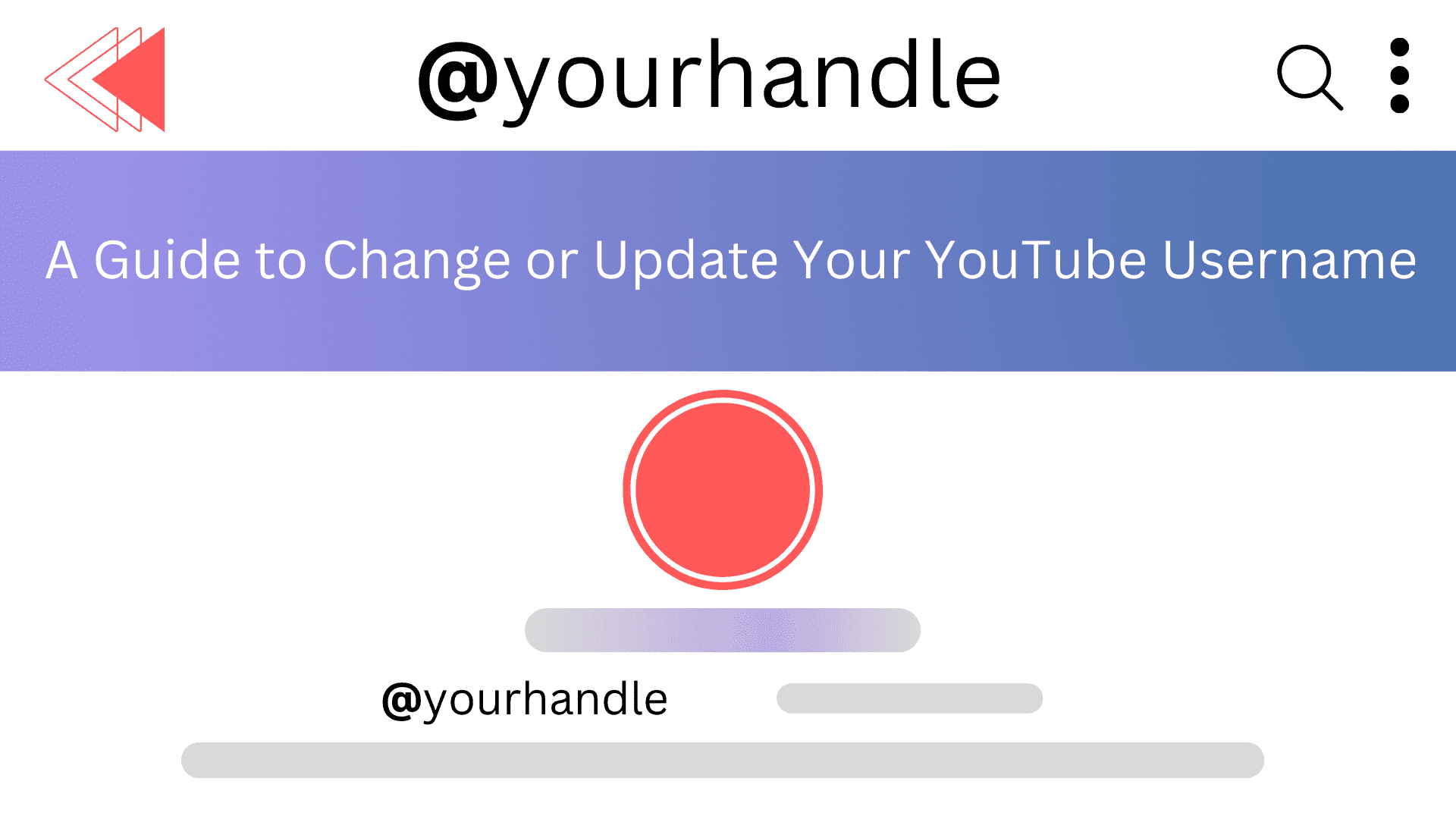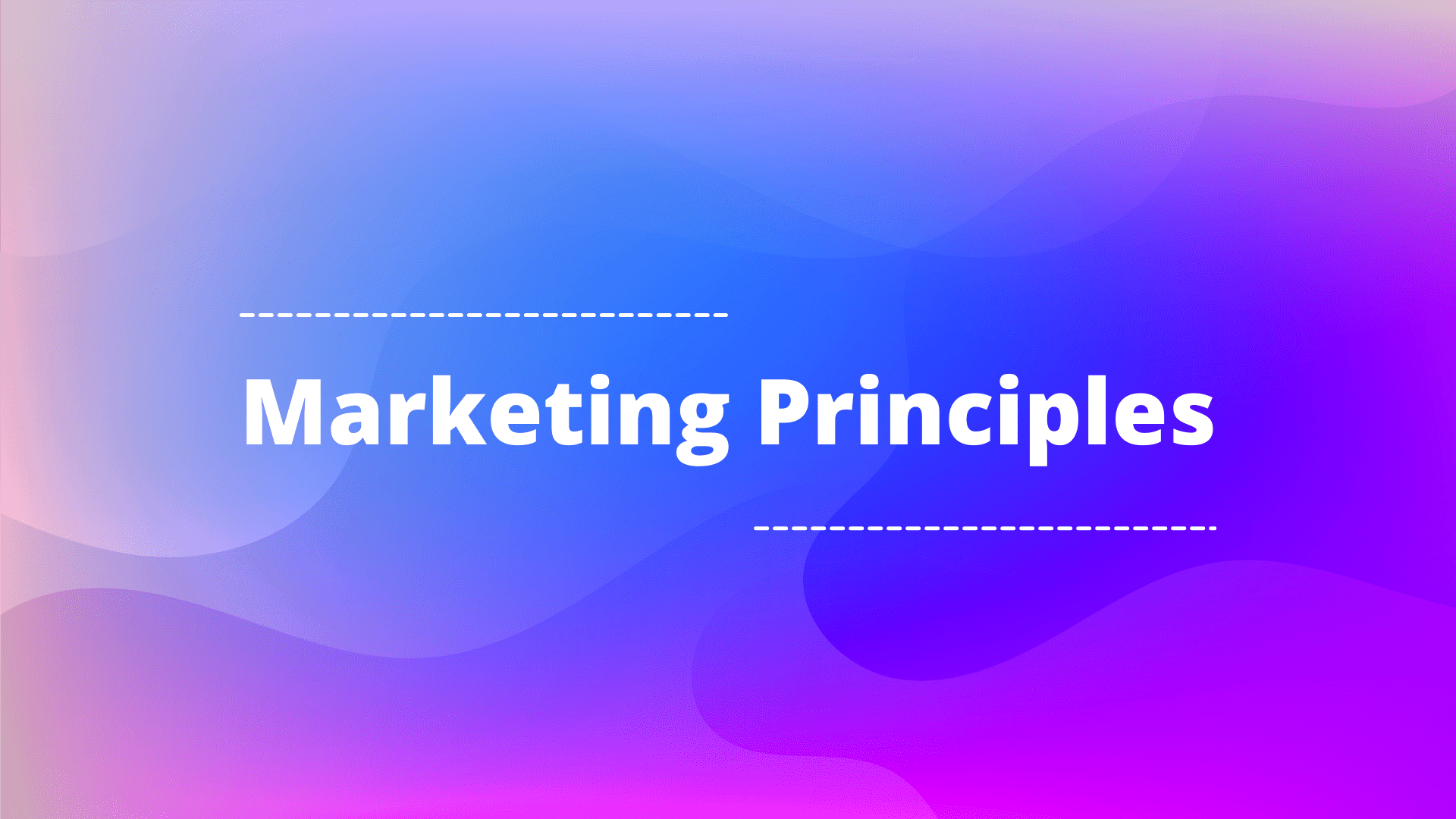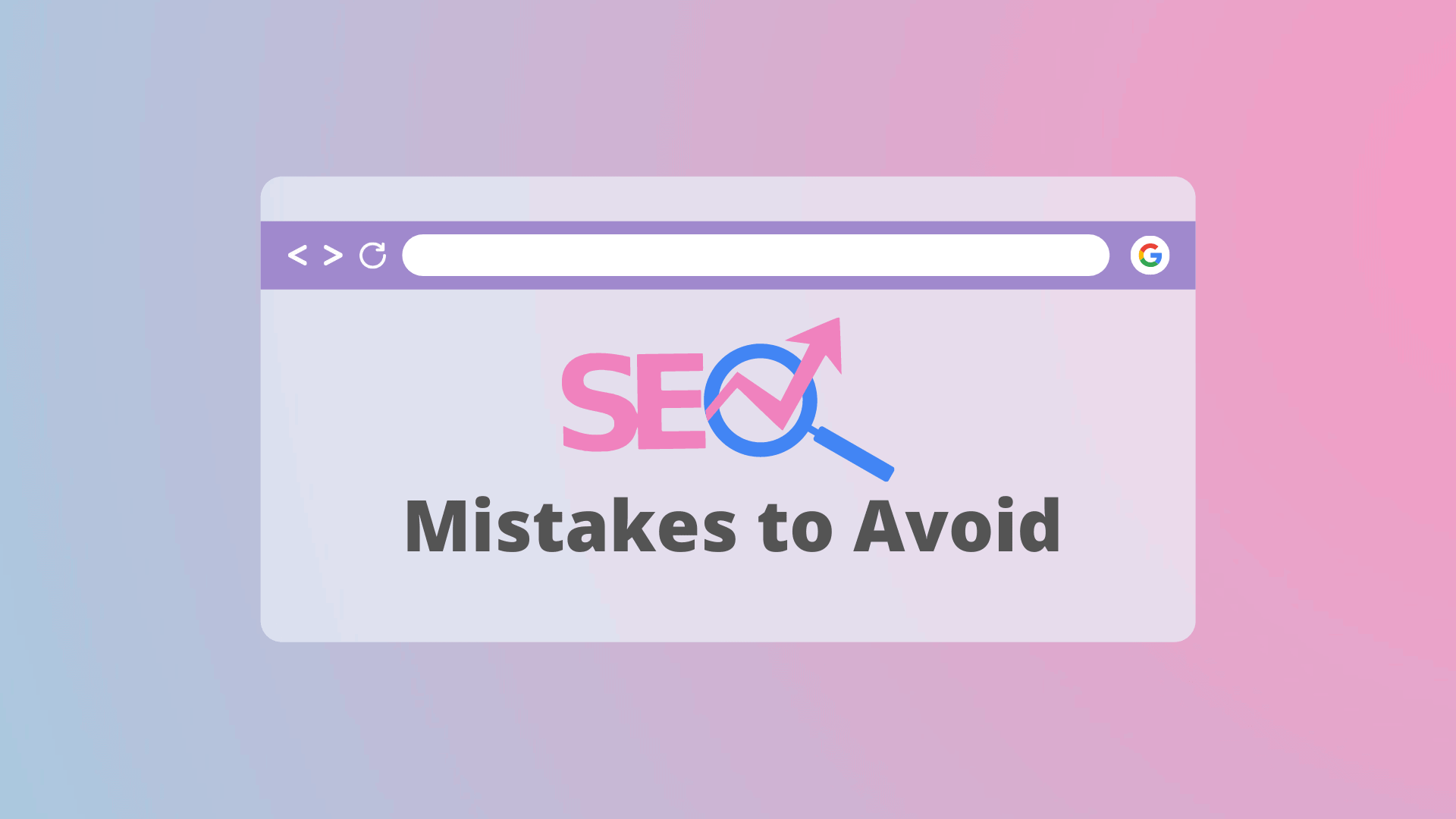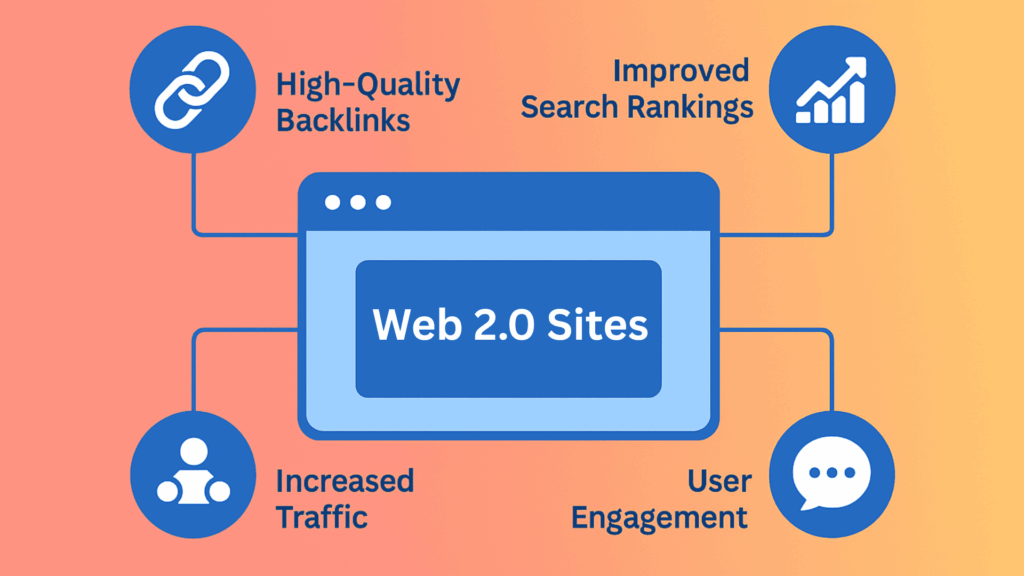The internet is brimming with varied types of content, and it might seem nearly impossible to rank on search engines.
Luckily, there are a few guidelines that you can follow to charm Google and crawl to its first page!
You must at least know the basics of search engine optimization (SEO) if you intend to get discovered by your potential customers.
These basics include – link structure, word count, unique content, keywords, and website optimization, to name some.
You will witness significant growth if you follow best practices and create high-quality & unique content.
If you don’t, prepare yourself to face Google’s wrath.
Google is smarter than you think and weeds out low-quality content, due to which some people witness extremely poor search results.
Content creation and ranking on search engines might sound daunting, but there is a process for everything.
Once you are familiar with the intricacies of what pleases Google – prepare to rank on the first page!
To make your journey easier here is your ultimate guide to mastering SEO and learning about the Google EAT Guidelines.
What is Search Engine Optimization?
SEO focuses on optimizing your website to achieve higher organic rankings in the search engines.
The ultimate goal of SEO is to optimize your site’s architecture to make it easier to find.
It focuses on popular search engines such as Google.
Nevertheless, SEO is more than just optimizing your website.
SEO can and should include other aspects of digital marketing, such as:
- Content promotion
- Public relations (PR)
- Branding
- Optimization of conversion rates
- Web development and coding
- Design of content
- User encounter (UX)
- Local SEO
And a lot more!
In short, the best-performing websites on Google aren’t just good at SEO. They are proficient in digital marketing in general.
The Seven Golden Rules of SEO (By Google)
1) Do Not Misuse Keywords
Keywords are helpful to inform search engines about the content of your page.
Years ago, marketers repeatedly used the same keyword to signal to Google that they were relevant to that term.
If Google ranked you fifth for a keyword you used eight times, it would rank you first if you used it twenty times.
I understand that math is complex, but that makes sense, right?
That, however, lasted only a short time. Those who used keyword stuffing to manipulate search results eventually had no traffic and were penalized.
Google now uses time spent on a website as a ranking signal. The longer someone stays on your website, the more Google thinks it is valuable.
If someone can’t read your content because it’s so densely packed with keywords that it reads like a foreign language, they’ll leave quickly.
When Google notices that people are going fast, it identifies that your quality is barely above the sewer line, and you are not worthy of ranking.
Are you wondering how to conduct keyword research?
Google search is the most basic method.
Enter your search term into Google and YouTube, and you will find excellent keywords to include in your list.
Why?
Because if Google suggests a keyword that many people are looking for it.
You don’t have to stop at Google Suggest.
YouTube Suggest can also provide keyword suggestions.
2) Produce Distinctive and Valuable Content
A great SEO strategy always includes the creation of original and unique content.
It is just as essential to ensure that your content is valuable and well-written as it is to design an SEO strategy.
Let me make an effort to put it more simply.
Few people will read your content if it is not unique. When fewer people read it, Google will identify your content as inauthentic, harming your ranking.
And the rest is history.
“Unique” refers to more than just “quality.” You must offer your readers something they haven’t seen before.
Make sure your web pages, especially your homepage, have high-quality content.
Quality check is one of the most vital things you can do.
Your page’s content will attract many visitors and entice web admins to link to your site if it contains helpful information.
3) Maintain Your Website Regularly
Have you ever visited a website that which is unmodified for ten years? Did you stay for long?
If you’re like most internet users, your answer is ‘hell, no!’
Maintain your website’s activity and regularly update your social media channels. It is nearly impossible to see any ranking improvement from an inactive domain.
Don’t be afraid to change your content.
You will notice some blogs with hat notes that say “updated in current year” or something on similar lines to indicate that they are modified.
It is vital to analyze your content to determine what isn’t working and what is working.
You can make changes to the content accordingly to get better results.
4) Follow Google's SEO Guidelines
Google’s best practices are constantly replenishing.
So, ensure you’re up to date. Most of the following updates are minor, but you must remain informed.
Here are the Google new SEO guidelines:
Provide visitors with the information they seek.
Ensuring that your pages and the home page have relevant information is the most important thing you can do to retain visitors to your website.
Your page’s content will attract many visitors and entice web admins to link to your site if it contains helpful information.
Consider the words users use to find your pages and include them on your site.
This will prove to Google that your website has content that contains a solution people are looking for.
Ensure that other websites link to yours.
Links assist the crawlers in finding your site and can increase your site’s visibility in the search results.
Google uses sophisticated text-matching techniques to display pages that are both important and relevant to each search query.
A link from page X to page Y is interpreted by Google as a vote by page X for page Y. Votes cast by pages that are “important” carry more weight and contribute to the importance of other pages.
Remember that Google algorithms can tell the difference between natural and unnatural links.
A natural link is one that a website owner or company receives from an outside source that links to their web pages or website naturally.
It is believed that these links contain valuable and helpful information.
Unnatural links, on the other hand, are intentionally placed to make your site appear more popular to search engines.
Google’s Webmaster Guidelines cover some of these links (such as link schemes and doorway pages).
Google’s natural links benefit your site’s indexing and ranking and make your website easy to find.
Focus on creating a logical link structure for your website. Every page should have at least one static text link to it.
Examine your site with a text browser, such as Lynx. Most spiders see your site in the same way that Lynx does.
Spiders may have difficulty crawling your site if features like JavaScript, cookies, session IDs, DHTML, or Macromedia Flash prevent you from seeing the entire site in a text browser.
Things to Stay Away From
- Don’t stuff your page with keyword lists; try to “cloak” pages or create “crawler only” pages. If you have pages, links, or text on your site that you don’t want visitors to see, Google will consider those links and pages deceptive and may ignore your site.
- You need not buy a search engine optimization service. Some companies claim to “guarantee” a high ranking in Google’s results for your website. Be cautious; if your domain is associated with one of these fraudulent services, it may vanish from Google’s index.
- You must not use images to display important names, content, or links. Google’s crawler does not recognize text in graphics. In case the main content and keywords on your page cannot be formatted in regular HTML, use ALT attributes.
- Don’t make multiple copies of the same page with different URLs. Many websites provide text-only or printer-friendly versions of pages with the same content as the graphic-rich versions.
- Incorrect usage of canonical URLs can negatively impact your website and create serious issues. Thus, knowing their proper use is crucial for SEO.
5) Keep a Constant Check on the Speed of Your Website
No one likes to wait. A slow website can destroy your chances of ranking and annoy potential customers.
You should always check and monitor the speed of your website.
Make sure that it is fast and responsive. I’m certain you’ve heard it before, but it is that important, especially in today’s mobile world.
Site speed is paramount, and that is precisely why Google created Accelerated Mobile Pages (AMP) to help web pages load faster.
It’s time to investigate why your site’s speed has slowed. Use a tool like SEMrush Site Audit to analyze your load time and identify any bottlenecks.
Check the speed regularly, especially after significant updates. A good rule of thumb is performing a general test at least once weekly.
Conclusion
The little things will matter as you build relationships and expand your marketing strategy.
Give heed to simple SEO techniques like these, and you’ll be on your way to higher search rankings!
Even, if you aren’t ready to launch a full-fledged strategy, taking the time to set up some essential search-friendly elements can yield results sooner than you think.
What are you waiting for? Take your SEO game a notch higher and rank on Google’s first page!





